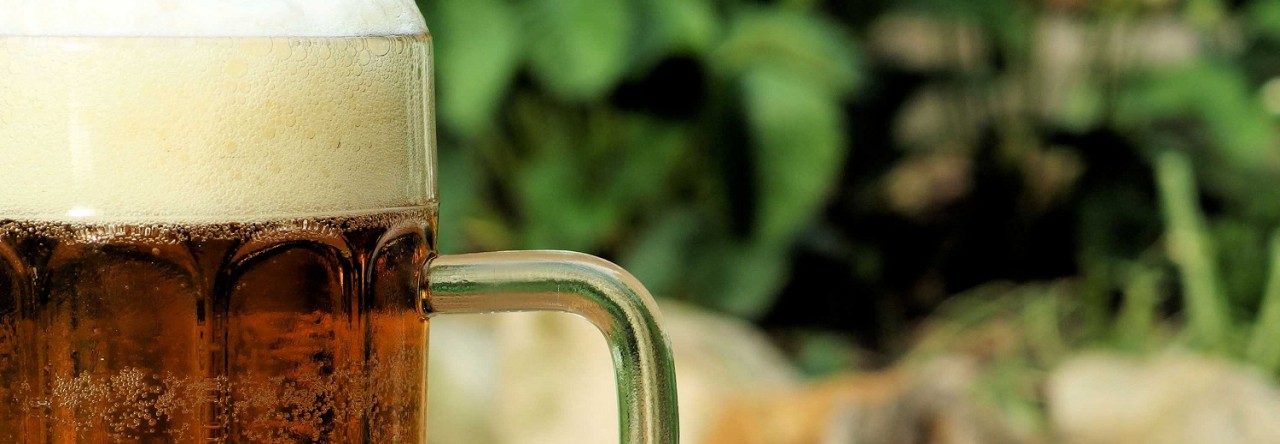Today is 14F here in the northern suburbs of MA. In the winter time it can be tough to brew outside if you are a propane cooker brewer such as myself. When the tank is going full bore it tends to frost up and get really cold as that liquid propane in the tank vaporizes. I don’t know if the propane actually freezes, but as it gets colder and colder the flow rate can trickle to a stand still and the boil becomes difficult to maintain.
Anyone else notice that? What do you do to combat it?
I have two tanks and two burners actually. What I do is fire off about 2 gallons of water and get it up to about 150F. Then I pour that into one of those part tubs (for keeping a half barrel packed with ice) and I put my propane tank in there. The water only comes up to the top of the base ring on the tank. The tank isn’t submerged in the hot water.
I put the tub on top of a couple folded down cardboard boxes to insulate it a bit from the floor, and I cover the top of it with a few old beach towels to help trap the steam. This seems to keep the tank from getting too cold and I can get through an entire session. If I need too I can fire up the second burner with the second tank and get a little more hot water going if necessary.
BREW ON!

chemgeek
The propane is certainly not freezing. The freezing point is around -300°F.
Inside the tank (under pressure) the propane is in the liquid phase. When the pressure is reduced (i.e. when the valve is opened) it converts from liquid to a gas. This requires a certain amount of heat (called the heat of vaporization) from the surroundings. For propane it takes about 400 kJ of heat to vaporize 1 kg of liquid. The tank frosts up because as the gas vaporizes and leaves the tank, this heat gets removed from the surroundings. The tank walls get cold and water condenses and freezes. This does two things. It actually raises the heat of vaporization and decreases the amount of heat available to vaporize the liquid. Therefore, less and less gas is being formed = small flame.
Your solution seems sound but it may be more effective to use more water. 2 gallons of water at 150°F has as much heat as 4 gallons at 75°F. If you used more water, it wouldn’t have to be as hot, but you would get more contact with the tank. Also, since water has a higher heat capacity that air, the heat transfer would be more effective.
Probably not what you were looking for, but I have a few free minutes.
Mike
I think that is a great description of whats happening in the tank and the “system”. Thanks for posting that.
Lauren
I don’t brew unless it’s at least 30F out.
to damn cold man, plus my hose lines will freeze
Jason
Mike, I had a similar issue last weekend. I brewed a batch outside (in Natick) and it was so damn cold that I could barely keep the pot boiling. I didn’t have any issues though with the tank freezing, but with the lid off my kettle, I couldn’t keep a boil going. My only solution was to keep the lid on, but then I had to stand watch over it closely so it wouldn’t boil over…..which it did as soon as I turned my back to go grab a hot drink.
But hey…at least it keeps the beers you drink cold as you stand outside!
Cheers,
Jason
JW
Jasone wrote “But hey…at least it keeps the beers you drink cold as you stand outside! ”
Cheers to that!
-JW
Carlf
Thanks for the post. We have some pretty cold brew days in Green Bay WI as well. Haven’t had the issues you describe but now we’ll be watching. We generally brew in the garage (a few degrees warmer) with the door slightly open.
Just started following your blog. I really like it.
Carl
Tom
You could put the tank in warm water… HVAC guys do this all the time when charging air conditioners, refridgerators…etc. It will help push the gas out of the tank. Naturally the warmer the water the more the gas will move. So keep an eye on your flame 🙂 Best bet would be to find a warmer location though.